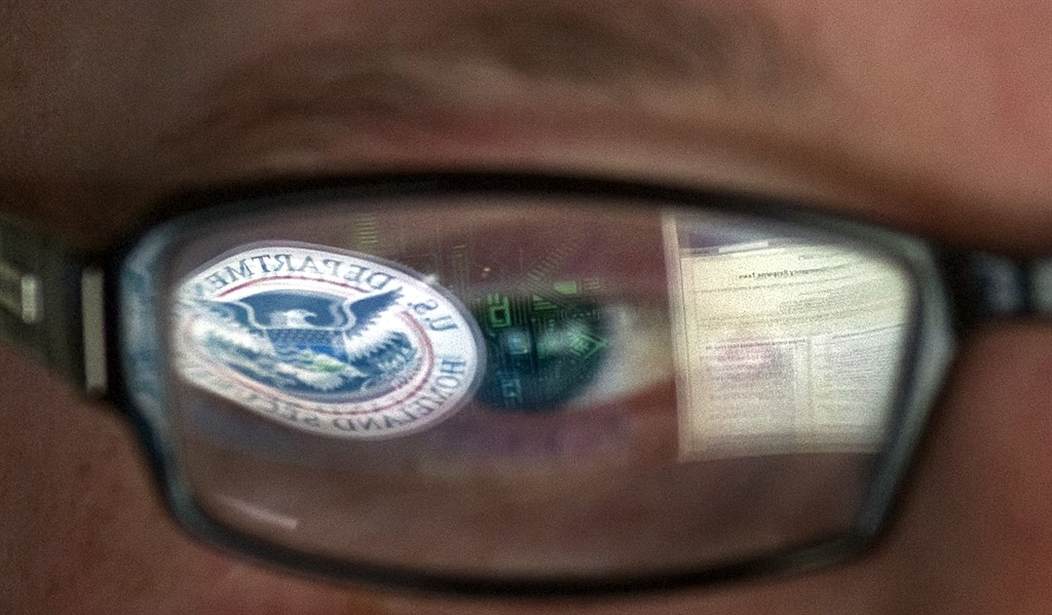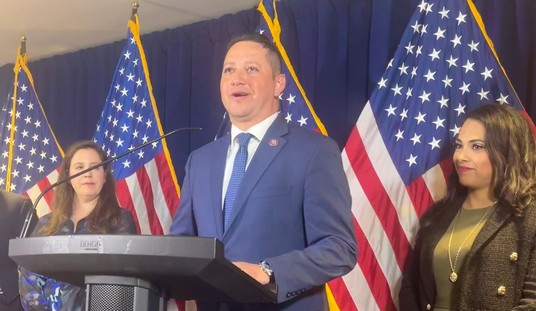The Department of Homeland Security (DHS) and its director, Alejandro Mayorkas, recently announced a number of initiatives intended to improve American cybersecurity and address the global threats endangering Americans.
DHS, which is currently still turning over key members of their staff as a result of the election, faces a number of new threats that have developed over the past year. Mostly, these issues have materialized as logistical complications affecting businesses and schools associated with the ongoing global pandemic, which has led to a surge in hacking attacks.
One of Mayorkas’ new strategies involves increasing cybersecurity spending through Federal Emergency Management Agency (FEMA) grants. This plan requires state and local government entities that apply for these FEMA grants to spend at least 7.5 percent of the grant towards improving cybersecurity in their jurisdiction.
This only represents a 2.5 percent mandatory increase in cybersecurity spending, which isn’t really much, especially when considering the fact that foreign entities have successfully hacked into the U.S. power grid and other elements of our most critical infrastructure on several occasions.
Any widespread attack against on our power grid would instantly take the affected states back 150 years. Recently, the world caught a glimpse of the potential peril America would face should a successful terror attack effectively “turn out the lights,” when Venezuela faced a nationwide power outage over a 5-day period in 2019.
This power failure led to dozens of patients dying in hospitals, as the many power generators that the country did possess, wound up failing. The majority of the deaths were due to kidney failure patients who unfortunately could not receive their dialysis treatments and shooting victims that could not be safely operated on due to the blacked-out conditions in surgical wards.
Recommended
Making matters worse, there were several stories circulating the country involving pregnant women having to give birth in the dark, while many prematurely born children found themselves fighting for their lives in failing incubators.
Now, while these threats represent the potential devastation America faces on the macro level, most cyber-attacks are actually executed on the micro level. In consideration of this, and in an effort to better address the surging scourge of ransomware, DHS has created a program called the Reduce the Risk of Ransomware Campaign. This initiative is being led by the Cybersecurity and Infrastructure Security Agency (CISA), a sub-division of DHS.
A recent press release from CISA described the program as “a focused, coordinated and sustained effort to encourage public and private sector organizations to implement best practices, tools and resources that can help them mitigate this cybersecurity risk and threat.”
Ransomware, which has risen in prevalence due to its ability to help hackers turn a fast profit, was the most popular online threat of 2020, according to corporate investigations and risk assessment firm Kroll's cyber incident response data. Their information credited ransomware for more than one-third of attacks for the period ending September 1, 2020.
Another new trend that has been established in 2021 is a rise in hacking attacks that target Mac users. Apple products, which for years were foolishly seen as malware and virus-proof, have become one of this year’s most popular targets for authors of viruses and malware.
In just the past few weeks, more than 30,000 Macs were victimized by new malware infections, including Silver Sparrow and another annoying strain that fools victims with a threatening pop-up message that shows you the name of popular apps and utilities and claims that those programs are malware and will damage the Mac. The pop-up offers to send the program to the trash bin but doing that fails to solve any problems on the device.
The new Biden administration and the overlapping agencies that are responsible for America’s cybersecurity must stay several steps ahead of online threats. In addition to the well-publicized threat of attacks from state-sponsored hacking groups, like the widely reported SolarWinds hacking attack, it’s actually the smaller hacking syndicates that pose a larger threat to average Americans.
Julio Rivera is a business and political strategist, the Editorial Director for Reactionary Times, and a political commentator and columnist. His writing, which is focused on cybersecurity and politics, has been published by websites including Newsmax, Townhall, American Thinker and BizPacReview.
























Join the conversation as a VIP Member